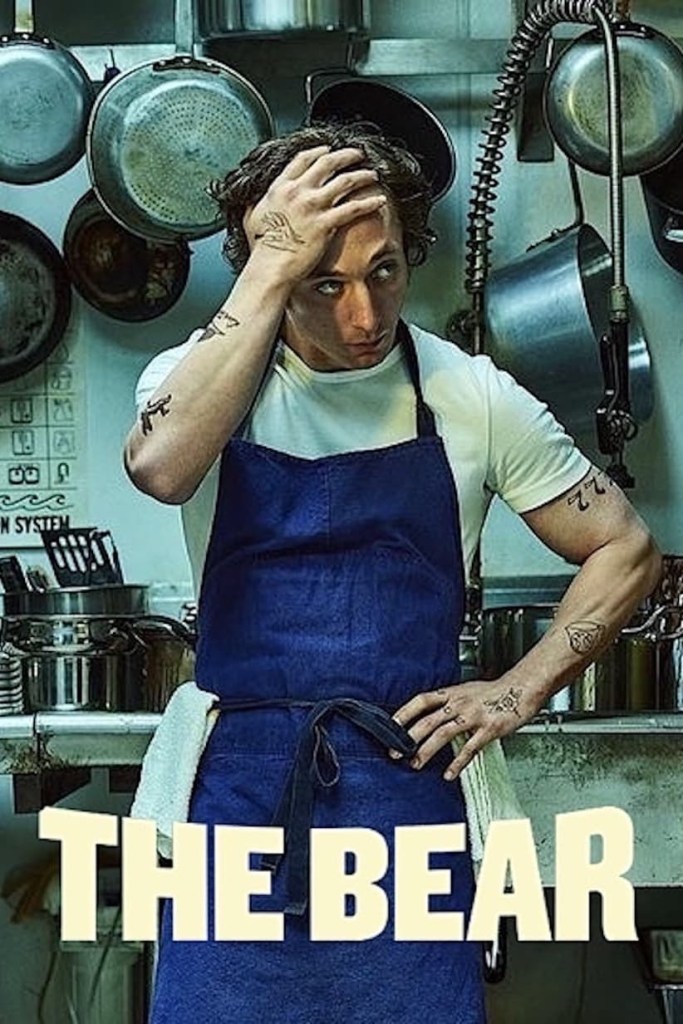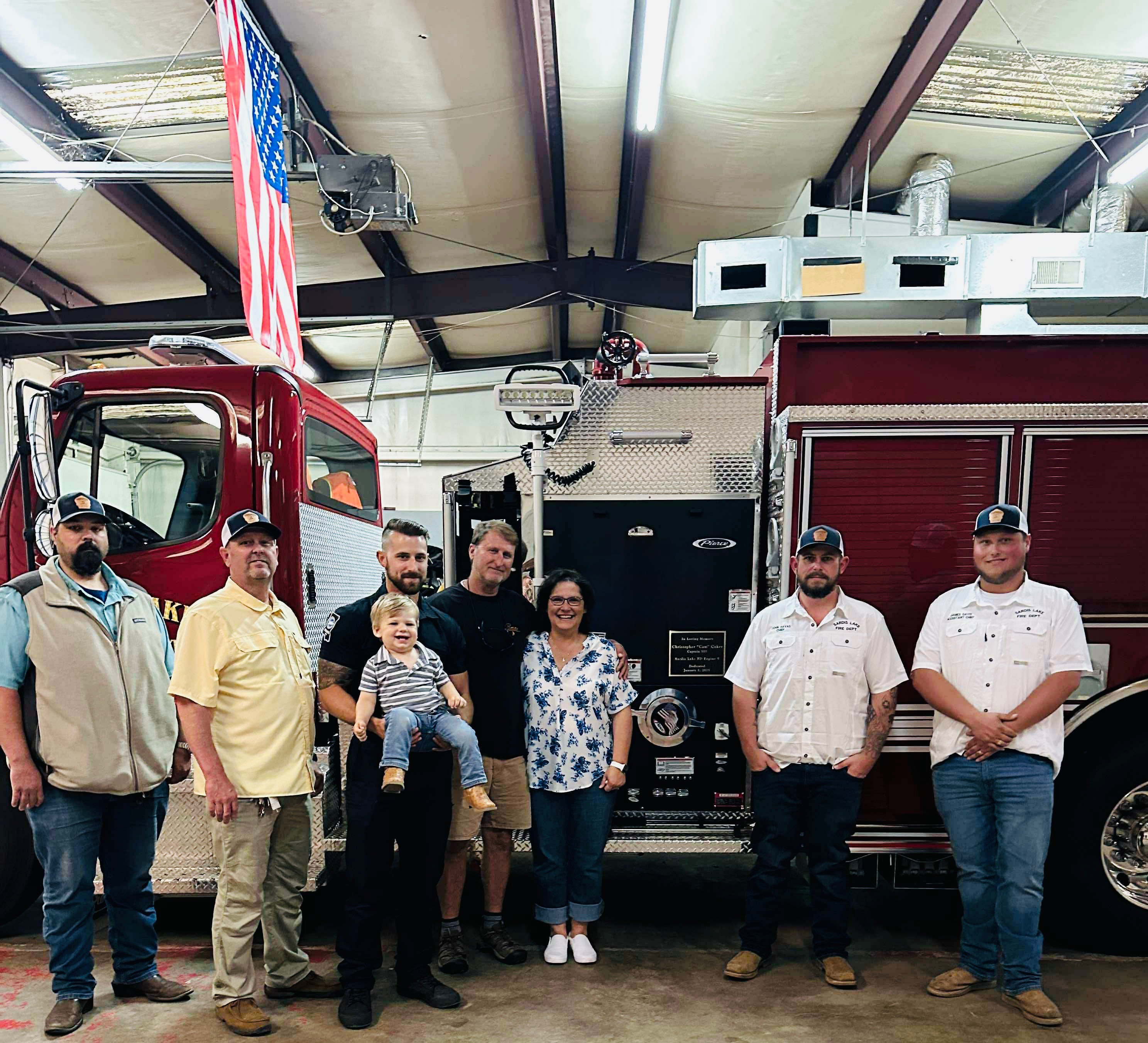The Bear truth about the restaurant business
Published 9:38 am Wednesday, June 26, 2024
The third season of the Hulu original program, “The Bear” will air this week. If you’re unfamiliar with the series, it’s an intense, frenetic, high-paced show about disfunction, passion, commitment, growth, failure, and success. Or more succinctly, it’s about the restaurant business.
“The Bear” tells the story of a Michelin-starred chef who returns home to Chicago to take over his family’s struggling sandwich shop after the death of his brother. In preparation for this upcoming third season, I streamed the first two seasons over the weekend. It was my third time through.
I watched the first season as soon as it premiered a couple of years ago. On my first viewing, I had several problems with the series. The yelling, in-fighting, cussing (according to IMDB there is an f-word every 34 seconds and one episode records one every 13 seconds), and back-stabbing seemed to represent my industry at its worst, and the way it used to be. I told my wife, “No one is going to want to get into this business after watching this show.” My second time around I came to the realization that some restaurants probably have a culture like that, and it is probably an accurate— though not favorable— representation of the challenges faced in this industry.
The second season was better. It covers the closing of the sandwich shop and the opening of a fine-dining concept. Other than a brutally intense episode that covers the worst Christmas Eve dinner in the history of Christmas Eve dinners— which is extremely difficult to watch but certainly an example of impressive script writing, acting, and filmmaking— it’s spot on and covers the complexities of opening a restaurant concept and the challenges and traumas involved in such a task.
Opening a restaurant is one of the most stressful activities one will ever encounter. The restaurant business can be brutal. Fifty percent of independent restaurants close within three years. Only 5% make it to the 10-year mark. After 24 openings, I’ve been on both sides of that stat.
Upon completion of my third viewing of the first two seasons I have a completely different attitude about “The Bear” than I did the first two times around. Although I have never been involved in a concept where the screaming was as intense as portrayed in the show, I have seen and experienced almost everything that happens in those first 17 episodes over the course of my 43-year career in this industry, at least once.
During this last viewing binge, I realized that my discomfort the first two times around was probably due to a small case of PTSD from my early days in this industry. It hit too close to home in places. After six years as a waiter— and after working my way through a very long and storied college career— I opened my first restaurant at 26-years-old. In an experience worthy of an episode of “The Bear,” we fired our chef opening night. I spent the next four years working 90 hours a week behind the line in the kitchen while paying myself $250.00 per week.
Those early days were filled with countless challenges. The volatility, screaming, and cussing weren’t there, but the stress level was. Yes, fire suppression systems have randomly gone off forcing the closure of the lunch shift. But we recovered and opened for dinner. Utility bills have been late, but we never lost power. I used to sit down with the checkbook on the 15th of every month to pay bills from the previous month and pray that there would be enough money in the account to cover all we had spent. When there wasn’t, I skipped a paycheck. Over the years I’ve skipped a lot of paychecks. But I have always paid our team members and I have always paid our bills.
My attitude in those early days was that I was going to do whatever it took to keep the lights on and to keep people employed. From driving to the bus station several times a week to pick up fresh seafood packed in ice and shipped up from Florida because we didn’t have access to fresh fish in those days, to bailing team members out of jail at 3 a.m. I don’t bail people out of jail any longer, but I still do whatever is needed to keep the doors open.
After firing our chef and spending those grueling all-consuming weeks in the kitchen just trying to hold it all together every shift, I now realize that— when viewed from a 10,000-fooot level and if portrayed on a show or film— it probably looks like misery to an outsider. We were living “The Bear.” But, from my standpoint, and as I look back, I have nothing but fond memories. Those early days are the golden days for me. It was hard and I made virtually no money, but the dirty little secret is that, if I would have had any money, I would have paid someone for the privilege of owning my own restaurant.
Has it all been sunshine and rainbows? Nope. As described on the show, the early days of a restaurant are like, “A kick in the crotch, daily.” I’ve opened 24 restaurants over the course of my career. Some were hits, some weren’t. Some are still open. Some aren’t. Some I closed because I wanted to. Some I closed because they needed to be closed, and some I just let the lease run out.
I’ve been on the verge of bankruptcy three times, and even though I was advised to walk away and bankrupt a concept, I’ve declined and always paid all the accounts due, no matter how long it took. Sometimes a restaurant hits. Sometimes it doesn’t. The key is to keep moving forward and be willing to endure the blows, set your ego aside, and always be willing to change. Sometimes the restaurant business is about paying Christmas bonuses out of your pocket when you’re not getting one, and sometimes it’s about positive cash flows and a healthy bottom line.
How could I ever have thought that “The Bear” wasn’t accurate? I have lived that show over the past quarter century, and I have loved almost every minute.
Ultimately, “The Bear” is about how to open and grow a business. It’s about family, friends, relationships, overcoming challenges, dealing with challenging professional problems, dedication, sticktoitiveness, stress, and passion. It is well written, superbly acted, and the character arcs are inspiring.
It’s about the restaurant industry, warts and all.
The key to success in the restaurant business is never giving up. Thirty-seven years in as an owner and we are— BY FAR— better than we have ever been. Sales at the flagship are up more than 10%, and more than 40% on some days. Profits are up 193%, year to date. Almost all the others are seeing excellent growth and are thriving. There are a couple of problem children in the group, but it’s the restaurant business, and as the nation’s foremost restaurateur, Danny Meyer, once said, “Business is problems. A successful business is problems well handled. If you can’t handle problems, get out of business.”
I’m not going anywhere.
The reason we are seeing record business and record profits is that we have an engaged leadership team along with 450 team members who are doing their best to live our core values and mission, daily. Ultimately, the restaurant business is not the food and drink business. It’s the people business. And that’s where “The Bear” nails it.
Onward.






